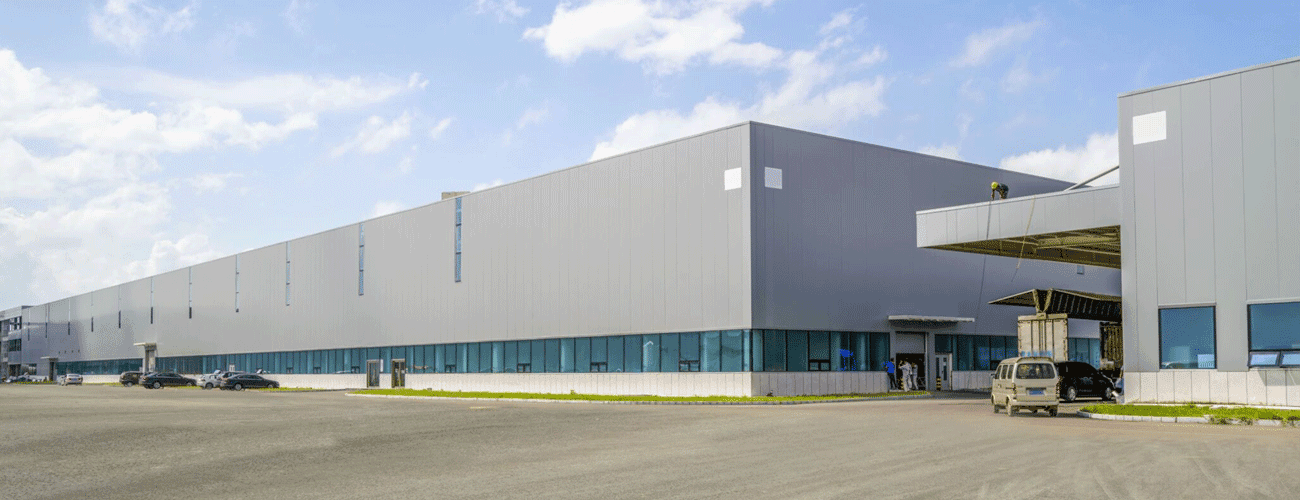Transformation of Industrial Warehouses: From Obsolete Factories to Next-Generation Logistics Platforms
The evolution of commerce and industry has led to the need to adapt existing infrastructures to new functions. The conversion of old, unused industrial warehouses into modern logistics platforms is emerging as an efficient and sustainable solution to meet current market demands.

In a context where the boom in e-commerce has increased the demand for logistics spaces close to urban centers—ensuring fast and efficient deliveries—and in light of the scarcity of industrial land, where the availability of plots for new developments is limited, driving up costs and complicating infrastructure development, it becomes necessary to carry out the reconversion of these obsolete spaces into modern and efficient logistics centers for storage and distribution.
An efficient conversion allows us to optimize resources by reusing existing structures, typically located in urban or peri-urban areas. This reduces the need for new constructions while minimizing environmental impact and associated costs. Additionally, transforming these spaces contributes to the regeneration of outdated industrial areas, promoting local economic development.
The challenges of such a reconversion process must be addressed by adapting facilities to current regulations and the specific needs of modern logistics. This entails significant renovations, such as effective contaminant management, as some of these warehouses may require decontamination due to previous industrial activity.
Although the conversion may involve substantial initial investments, the long-term benefits in terms of location and resource reuse often justify the expense. Furthermore, the reuse of existing structures reduces the carbon footprint associated with new construction and promotes more sustainable practices in the real estate sector.
In conclusion, the transformation of obsolete industrial warehouses into modern logistics platforms represents an effective strategy to meet current market needs. This approach not only optimizes resources and urban spaces but also boosts the local economy and contributes to environmental sustainability.
CMC Real Estate Consulting
ABOUT CMC
CMC's main objective is to offer comprehensive management in its two key areas: asset management and property management. This includes the formulation of medium- and long-term strategies for optimizing real estate assets, as well as daily operational management. The latter encompasses revenue control, customer service, and supervision of operating expenses.
In summary, CMC provides specialized investment and financial advisory services for those interested in buying, selling, or investing in properties. Its approach is based on rigorous research and analysis to ensure the economic and financial viability of each project.
For more information, you can contact us by clicking here
